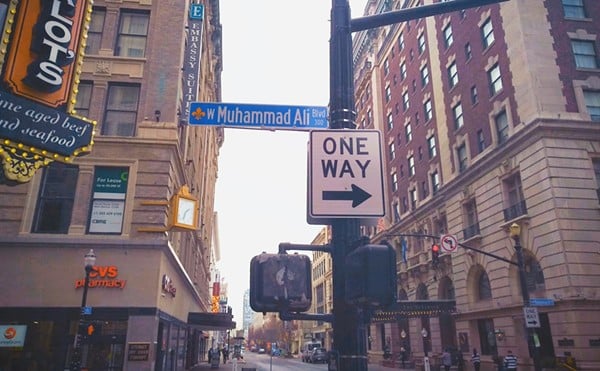I fondly remember the time in New York when I was covering a big stakes race for thoroughbred fillies at Belmont Park. The favorite, Lite Light, was owned by the rap star then known as M.C. Hammer.
On a bright and sunny day, Mr. Hammer showed up in the VIP section of the track’s clubhouse wearing gold-rimmed sunglasses, enough necklaces and jewelry to make an oil heiress jealous, and a sleeveless, gold lamé vest under which he wore no shirt.
He was accompanied by an entourage of bodyguards and hangers-on who ushered him through a startled gathering of Caucasian millionaire horse owners and their cronies, many of whom had names with Van or hyphens in them. You know the type.
As the Hammer party surged to their seats overlooking the finish line, you could almost hear the murmurs. Bitsy, dear, just who are those black people and what in the world are they doing here?
When Mr. Hammer’s filly won the race, he leaped up on the railings of his box seat, ripped off his vest and flung his arms toward the heavens. Suffice it to say that it was not the way that, say, your basic Ogden Phipps or C.V. Whitney had ever celebrated a stakes victory.
To the certain relief of many who were near Mr. Hammer that splendid day, he got out of the sport a year or so later, frustrated that he got so little return on the millions of dollars he plunged into buying well-bred and expensive young horseflesh.
I thought about that day at Belmont when I read that the Jockeys Guild has decided to hire Dwight Manley, a semi-retired sports agent who once represented Dennis Rodman, and Jesse Jackson — yes, that Jesse Jackson — to be its co-managers.
The unlikely twosome — neither has ever been a part of the thoroughbred industry — replaces the infamous Wayne Gertmenian, who was fired last year when it became painfully apparent that he had ripped off the riders, leaving precious little money to cover the medical costs of injured jockeys.
The general reaction to the hiring of Manley and Jackson was nicely summed up by trainer Chuck Simon, who told The Courier-Journal, “It just seems as though … they’d be bringing a confrontational party to the table instead of someone who wants to accomplish something.”
If Simon is right, the industry leaders have only themselves to blame.
For decades, track officials, breeders, owners and trainers have been loath to grant jockeys more than second-class citizenship. Whenever major issues are being discussed, the jockeys seldom are allowed to sit at the big folks’ table.
So a situation has been created where jockeys, even the most successful ones, are among the lowest-paid athletes in professional sports. Even more shameful, the industry was slow, at best, or completely unwilling, at worst, to help the jockeys — who risk their lives every time they climb into a saddle — with their health and medical coverage.
The industry’s argument that the jockeys are independent contractors and, therefore, completely responsible for all their own expenses, including health care, rings hollow when it’s considered within the context of how the industry controls the jockeys’ right to supplement their income through advertising.
A couple of years ago, when some of the jockeys riding in the Kentucky Derby tried to wear advertising on their clothing, officials at Churchill Downs and the Kentucky Racing Authority attempted to stop them with the specious argument that such advertising wasn’t in keeping with the sport’s dignity and customs.
That was hogwash, and a federal judge more or less labeled it as such. This is the same place, mind you, that sold the Derby to Yum! Brands. What’s OK for the track isn’t OK for the jockeys.
But now the riders will have Jesse Jackson talking for them. And talking and talking and talking. The man may have worn out his welcome with even some of his African-American constituents, but he still knows how to draw a crowd, turn a phrase and work the media.
Once he gets into it, he’ll find that racing is fertile ground for a reform movement. Minorities are virtually non-existent in the front offices of most tracks and the sport’s governing organizations. The backstretch workers, even the illegal immigrants, may need some Jackson-style organizing.
Personally, I can’t wait for the first time Jesse speaks to the Jockey Club Round Table. Or goes nose-to-nose with white dude who has a hyphenated name and old money. That’ll be even more fun than watching Hammer celebrate at Belmont Park.
Contact the writer at
[email protected]





